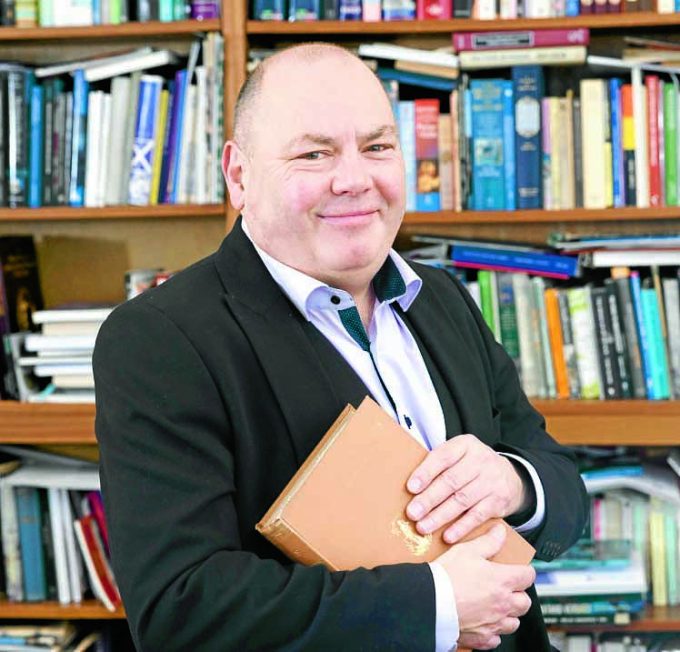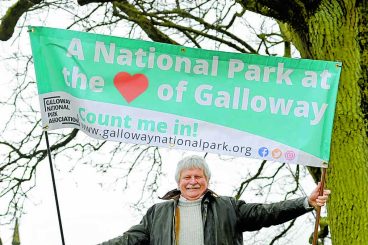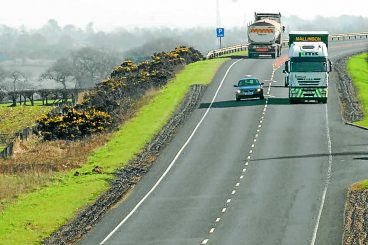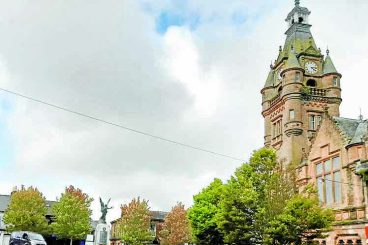A MANUSCRIPT cancelled by Robert Burns has been discovered by scholars at the University of Glasgow.
It’s an early version of one of his most famous songs, ‘Ye Jacobites by Name’, and in it he ostensibly writes about history but actually has his eye on 18th century current affairs following the French Revolution.
The cancelled working manuscript was written in 1791 in the inflammatory early period of the French Revolution, against which reformers in the British Isles increasingly agitated for political change.
The draft of ‘Ye Black-nebs by name’ sees Burns writing with implicit sympathy for the radical reformers.
But by even putting his thoughts on paper, the experts say Burns risked getting sacked from his excise job.

Professor Gerard Carruthers, of the University of Glasgow’s Centre for Robert Burns Studies, says the discovery at Barnbougle Castle, near Edinburgh, gives a fascinating insight into the man’s creative genius.
And he says the Bard more than once used a simple formula to hide his political thinking in plain sight, seeming to write about the past but signalling the present.
He notes that ‘Black-nebs’, a term for reformers in the 1790s, disappears altogether in the cancelled manuscript as this is supplanted by the final version of ‘Ye Jacobites by Name’.
Professor Carruthers said: “The cancelled ‘Ye Black-nebs’ chimes with other songs, most famously ‘Scots Wha Hae’ and A Man’s a Man for a’ That’, where revolutionary ideas are smuggled in under the guise of writing about the Scottish Wars of Independence or universal brotherhood. In the end, ‘Ye Black-nebs’ was more explicit than these texts and is completely overwritten by ‘Jacobite’.
“Burns’s original version, however, raises the strong possibility that the finished version is code for more recent 1790s revolutionaries.”
He believes that if Burns had lived longer, he would have been in favour of political reforms, adding: “He wouldn’t have continued to use cunning to cover his allegiances I don’t think. But at the time as a Crown employee and at this point in his life, he hadn’t got there just yet. But I believe he would have increasingly been on the side of democratic reform had he lived into the early 19th century.
“However, when this was written Ellisland, his farm, was not as productive as he would have liked, and things were uncertain financially for him and his growing family. He was therefore dependent on his Excise employment and couldn’t speak as freely as he might have liked. It was a very dangerous time for people who backed political reform in the wake of the American and French revolutions.”






















